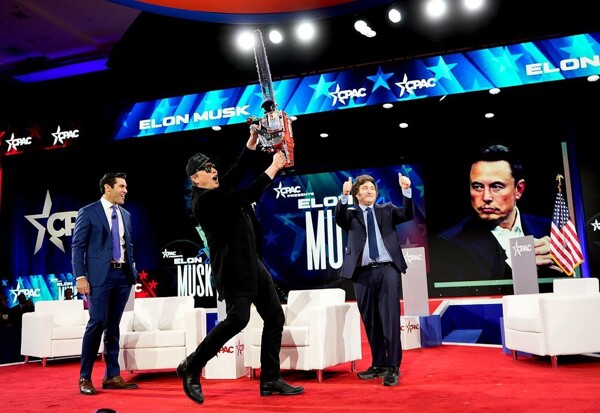
The Senate enacted the Anti-Mafia bill that proposes a comprehensive approach to organized crime. During the session, it was highlighted that the initiative seeks to intervene in the jurisdictional authority of each governor, which generated some controversy. After the intervention, most members of the Peronist interblock left the chamber, except for Marcelo Lewandowski, who argued in favor of the project.
"We need to pacify the neighborhoods, but there must also be equal opportunities in education and work," expressed Lewandowski, former candidate for the Governorship of Santa Fe. For its part, the Kirchnerism bloc almost entirely left before the vote. The law received support from several blocs, including La Libertad Avanza, the PRO, the UCR, Las Provincias Unidas, and federal spaces, in addition to the votes from Kirchnerists Marcelo Lewandowski and Carolina Moisés.
Among the proposed reforms in the project is the application of penalties of 8 to 20 years in prison for belonging to illicit associations that commit crimes such as drug trafficking, money laundering, human trafficking, among others. It establishes that the members of such organizations are considered necessary participants in the crimes committed by the association. It also creates the figure of the Special Investigation Zone to expedite the actions of state powers and improve effectiveness in investigations.
Additionally, it contemplates the possibility of immobilizing assets of legal or physical persons suspected of links to criminal organizations, conducting searches, and intervening in communications with judicial authorization. The project received 38 votes in favor and no votes against or abstentions.
During the debate, Senator Carolina Losada was responsible for reporting on the project, emphasizing the importance of combating drug trafficking and the responsibility of each link in the organized crime chain. In contrast, the Kirchnerist bloc, through Senator Oscar Parrilli, expressed concern over its impact on federalism and provincial autonomy, although they chose to support the law's approval in order to have more tools to combat crime.














